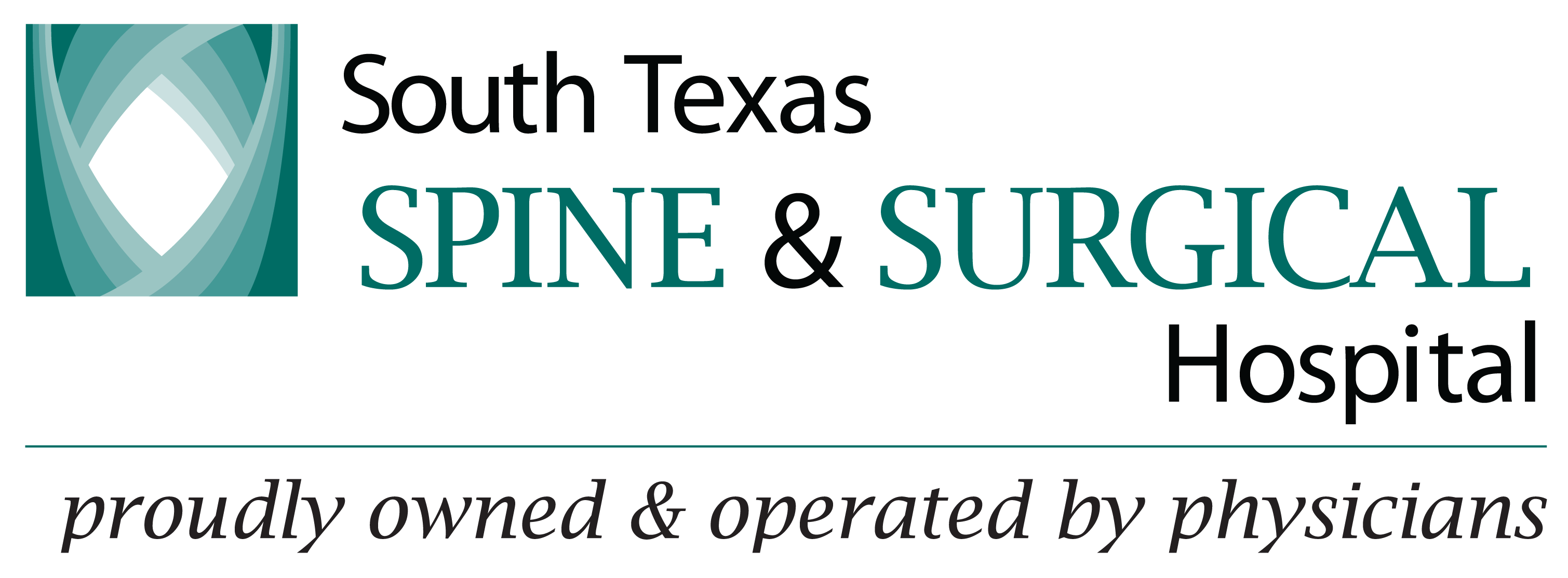Please arrive one hour before your scheduled procedure, unless your physician or one of our nurses instructs you otherwise.
You may bathe or shower (use antibacterial soap and brush your teeth before coming to the hospital. We advise that you DO NOT wear eye make-up and remove all body piercing and jewelry.
There is very little you need to bring with you to the hospital. You will want to remember your eyeglasses, contacts, dentures, hearing aids, and other personal items which will make you comfortable during your stay. Bring a case for glasses, contacts, and/or dentures.
You may take any required medications on the day of surgery as advised by your physician. Always take your blood pressure medicine with a small sip of water, unless your physician instructs you otherwise.
You may wish to bring a book or other reading materials. You may bring your own sleepwear, robe, non-skid slippers, makeup, and other items that will make you feel comfortable. Bring a change of comfortable, loose clothing to wear home when you are discharged. If you are staying overnight, the hospital will provide you with a hospital gown, and warm socks. Personal hygiene items including toothbrushes, toothpaste, shampoo/body wash combo, and lotion are available upon request.
In addition to anything your physician may ask you to bring in, please bring your insurance card, a photo ID such as a driver’s license, and any other documents that will be useful in the registration and billing process. For example, you should bring in any referral or authorization form that your primary care physician has given you indicating the need for the services you will receive.
You may be required to pay your hospital bill prior to service at the registration/admitting area; therefore, please bring a form of payment if your insurance company requires a co-pay and or deductible. Cash, checks, and all major credit cards are accepted.
Don’t bring valuables such as rings and other jewelry. Small amounts of cash for vending machines and incidentals are sufficient.
Bring a copy of your Advance Directives. If you do not have one, we can provide you with information.
After you are admitted, a nurse will prepare you for your surgery and complete essential paperwork.
During your surgery, your family and friends can wait in the Front Lobby Waiting area or in your room if you are staying overnight.
After surgery, the time you spend in the Post Anesthesia Care Unit (PACU) will depend on the type of procedure and your response to the anesthesia. Visitors will be restricted during this time, but your nurse will keep them informed. Your condition will be monitored by a registered nurse or anesthesiologist. When you are awake and stable, you will be transferred to the ambulatory “sit up” area until you are ready to go home or to the inpatient care unit if you will require an overnight stay. During Phase II Recovery, you will be allowed to visit with your family member. If staying overnight, the hospital staff will notify your family of your room number and direct phone numbers so they may visit you when you are ready to receive visitors. Your length of stay will depend on the type of procedure and your physician’s instructions. At all times during your inpatient stay, you will have specially trained registered nurses available to provide for your needs and care.
If you need to cancel your surgery, please notify your physician and South Texas Spine & Surgical Hospital as soon as possible.
